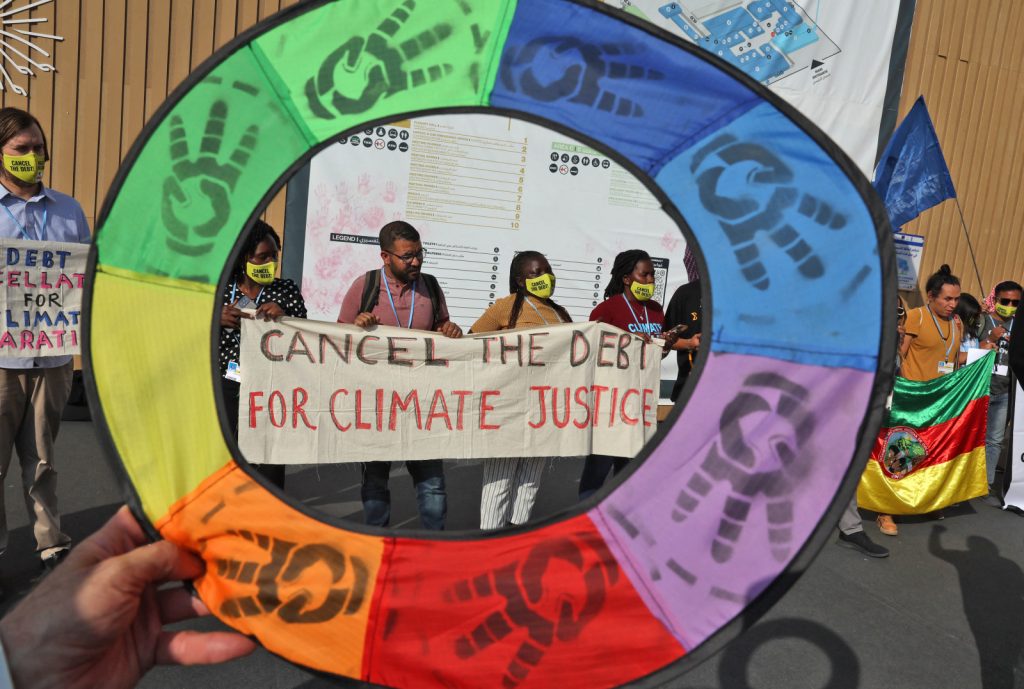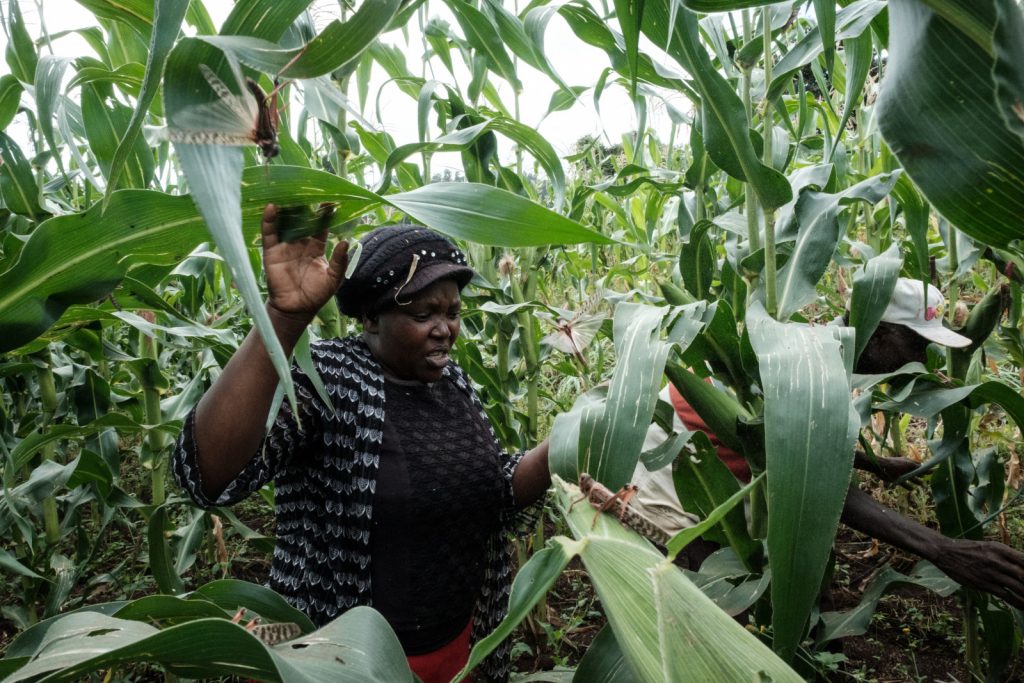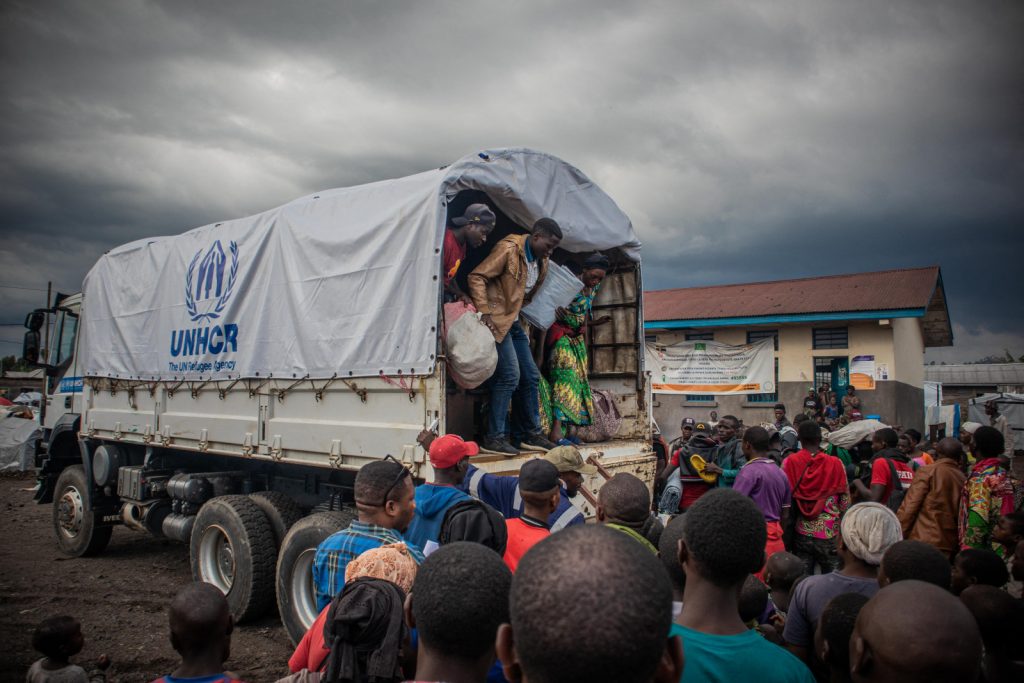African economies are recovering from the Covid-19 pandemic in 2022 amid various internal and external shocks, such as adverse weather conditions, a devastating locust invasion, and the Russian invasion of Ukraine.
Although Africa’s direct trade and financial ties with Russia and Ukraine are small, the war has damaged the continent’s economy through higher commodity prices, higher food, fuel, and headline inflation. The main effect is to increase the likelihood of civil conflict due to food and energy inflation in an environment of political instability.
Major African economies such as South Africa and Nigeria have been stuck with low growth, and many African governments are seeing their debt burdens increase – some such as Ethiopia and Ghana now have dollar-denominated debt trading at distressing levels – and more countries will follow in 2023.
On average, the debt-to-GDP ratio of the public sector of African countries will be more than 60% in 2022. The era of large loans supported by the Chinese state and mega projects that started 20 years ago in Angola after the civil war ended. It may be coming to an end, but China’s private sector investment in the continent will continue through the Belt and Road Initiative and the dual circulation development model.
The geopolitical competition in Africa is increasing in 2022, especially between the great powers such as China, Russia, the US and the European Union, but also by the middle powers such as Turkey, Japan and the Gulf countries.
The sixth AU-EU summit was held in Brussels in February and agreed in principle for a new partnership, although Russia’s invasion of Ukraine hampered those ambitions. Japan’s pledge of $30 billion in aid to Africa at the eighth Tokyo International Conference on African Development in August 2022 was made clearly considering the $40 billion pledged at the China-Africa Summit in November 2021.
The US also launched a new strategy to strengthen partnerships and held the second US-Africa leaders’ summit in Washington in December. Russia’s ambitions have been limited by the invasion of Ukraine, postponing the second summit with African countries until 2023. The application of international sanctions has complicated trade and investment, and military support including through the Russian paramilitary group Wagner has been limited, focusing on Mali, Libya and the Central African Republic (CAR). The strategic importance of Africa has prompted all the P5 UN members to ask the G20 to make the AU its 21st member by 2023 under the presidency of India.

Scramble for Africa
Competition to secure Africa’s critical and strategic minerals and energy products has intensified by 2022, and in the energy sector, European countries want to diversify from Russian oil and gas with alternative supplies, including from Africa.
Western mining companies and commodity traders are increasingly seeking alternative supplies from Africa. Decarbonisation is a driver of resource nationalism and geopolitical competition in certain African mining markets, home to large deposits of critical “transition minerals” such as copper, cobalt, graphite, lithium and nickel.
The Conference of the Parties to the UN Framework Convention on Climate Change (COP27) was held in Egypt in November and gave African leaders the opportunity to shape the climate discussion by pushing priority areas, such as loss and damage, stranded assets, access to the climate. finance, adaptation and desertification.
Climate adaptation in Africa is a key requirement for sustaining economic growth and maintaining social cohesion. The Horn of Africa, especially Somalia, is suffering from one of the worst droughts in living memory. The geopolitical and geoeconomic impact of the war in Ukraine directly affects the African continent through its contribution to food and cooking oil inflation and the delivery of humanitarian aid.
During 2022, the AU underwent intensive reforms, and struggled to respond to the growing security crisis across the continent. 2023 will be a hot spot in the western Sahel and Lake Chad Basin, eastern Democratic Republic of Congo (DRC), and northern Mozambique, all of which cross country borders. In Mozambique, a 2019 UN-backed peace deal will see the last Renamo guerrillas demobilized in 2023 to reintegrate into civilian life – some having been recruited in 1978.
One of the 120 armed groups, M23, resumed the conflict against the central government after several years of inactivity. He took up arms again in 2021 and has led an offensive in eastern DRC against the Congolese army.
According to the UN, Rwanda has supported the M23, and in November the Kenyan parliament approved the deployment of 900 soldiers to the DRC as part of a joint military force from the East African Community (EAC) bloc. The DRC joined the EAC in March.

In the Horn of Africa, Ethiopia saw an uneasy ceasefire agreed between the federal government and the Tigray People’s Liberation Front.
Islamic militant groups in Africa are expanding their territory in 2022, especially in the western part of the Sahel, where affiliates of al-Qaeda and the Islamic State are competing for influence.
The withdrawal and exit of Western forces from Mali, France’s Operation Barkane and the international contribution to the UN’s Minusma mission there, add a new dimension to regional security challenges. Mali’s decision in May to withdraw from the G5 Sahel also undermined the regional security architecture. Jihadist activity could spread to coastal states, prompting international partners such as France and Britain to redesign their security assistance strategies for the region.

Coups on the Increase
Coups are on the rise in parts of Africa. Since 2020, there have been successful military coups in Burkina Faso (twice), Chad, Guinea, Mali (twice), and Sudan, and failed in CAR, Djibouti, Guinea-Bissau, Madagascar, Niger and possibly Gambia, and São Tomé and Príncipe.
Three national elections represent African democracies in 2022. In Angola’s August elections, the ruling MPLA lost an absolute majority, with the opposition Unita winning a majority in Luanda for the first time.
In Kenya, also in August, William Ruto won the presidency ahead of an incumbent-backed coalition led by longtime political challenger Raila Odinga.
In Equatorial Guinea’s elections in November, Africa’s longest-serving president, Teodoro Obiang, extended his 43-year mandate with 94.7% of the vote, out of a total of 97%.
There will be elections in 17 African countries during 2023 for heads of state or governments or national legislatures. Elections and their results in Madagascar, Nigeria and Zimbabwe could be flashpoints.
Although fragile, the African Development Bank predicts economic recovery especially in East Africa, due to the recovery of services and industrial activity, increased public spending, reopening of travel and trade due to taking the Covid-19 vaccine, recovery of the tourism sector. , and deepening regional ties.
Alex Vines is Africa director at Chatham House.